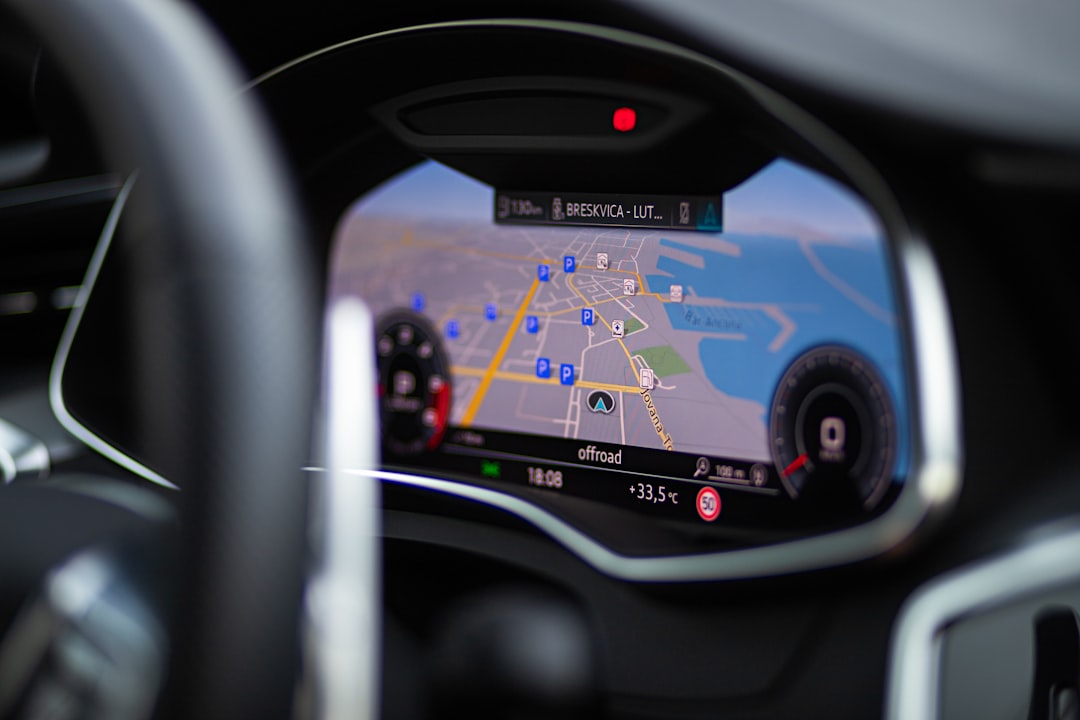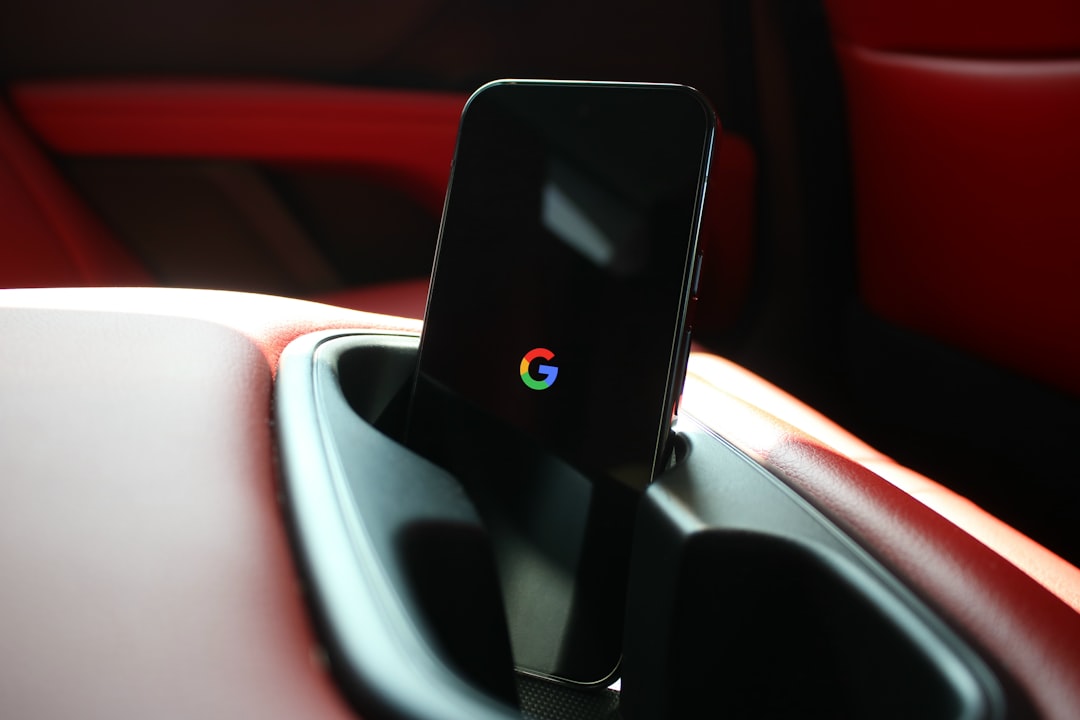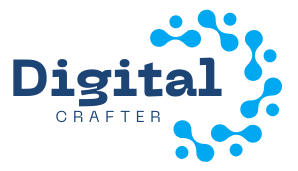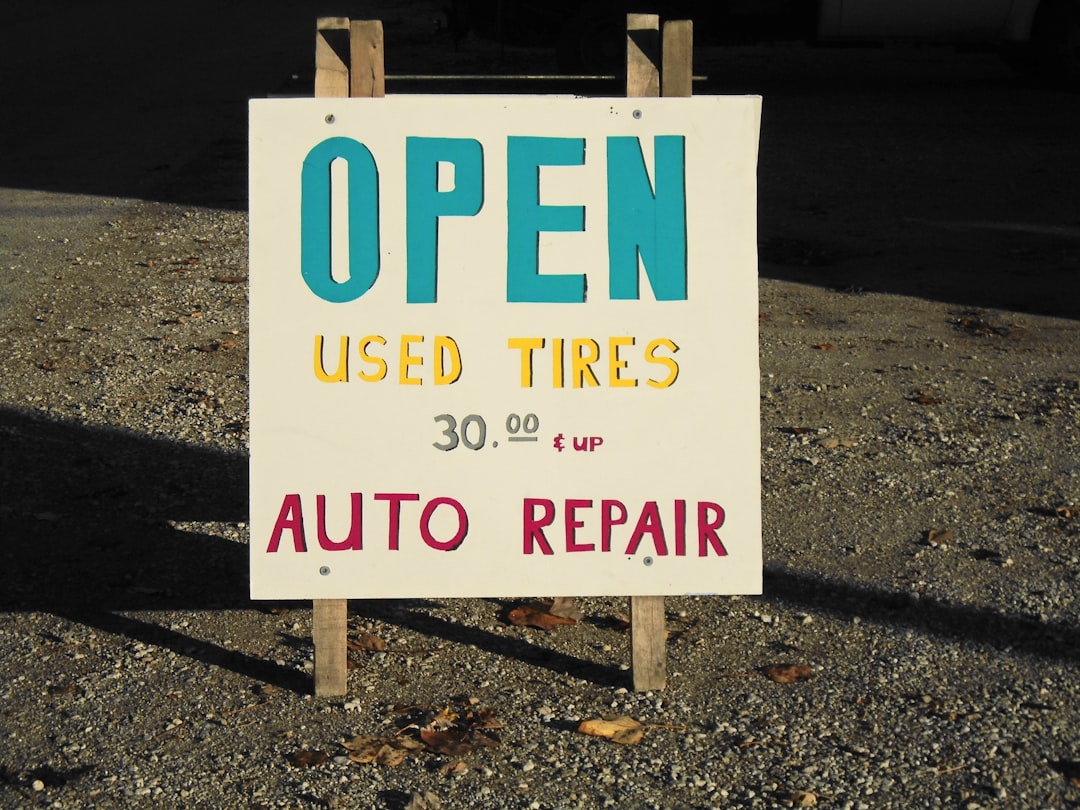In 2025, the landscape of automotive SEO has evolved extensively as the digital behavior of customers continues to shape how auto repair shops, dealerships, and service centers approach online visibility. With Google’s constant algorithm updates, increasing mobile searches, and AI-driven search results, automotive businesses must tailor their SEO strategies to not only attract users but convert them into loyal customers.
This year, three key areas are proving essential in driving qualified leads: local search pack optimization, dynamic and content-rich service pages, and structured data through strategic schema markup. These components are no longer optional add-ons; they’re staples for those competing in the auto repair, collision, detailing, and maintenance space.
The Power of the Local Pack in Automotive SEO
The local pack, or “map pack,” refers to the top local search results that appear on Google just below paid ads and before organic listings. It typically shows three businesses based on proximity, reviews, and relevance. In the automotive industry, where physical location and trust matter, ranking in the local pack dramatically increases click-through rates and phone calls.
To dominate the local pack, businesses must focus on:
- Google Business Profile optimization
- Acquiring and responding to reviews
- Accurate and consistent NAP (Name, Address, Phone) info across the web
- Proximity and reputation signals
- Image uploads of the shop, staff, and services

In 2025, Google weighs engagement even more heavily—clicks to call, photo views, driving direction requests, and visit rates all contribute to better visibility in map results. Automotive business owners must commit to not only claiming their listing but actively managing it with weekly updates, offer posts, and customer Q&A responses.
Service Pages That Capture Intent
Generic “Services” pages no longer cut it. Modern users search with specificity: “brake repair near me,” “headlight replacement in Dallas,” or “Tesla oil change cost.” Search engines reward websites that directly answer these queries with high-quality, optimized service pages that exhibit expertise and clarity.
In 2025, the best service pages are designed with both the user and search engine in mind. They include:
- Unique content for each service (e.g., brake repair, tire alignment, battery replacement)
- Clear headers and subheadings with relevant keywords
- Pricing transparency and timeframe estimates
- Geo-specific indicators (e.g., “available in Phoenix, AZ”)
- Call to actions (“Schedule a free diagnostic,” “Call us now,” or “Book online”)
Incorporating visuals and real photos of technicians, tools, and the shop environment increases trust and keeps users on the page longer, improving dwell time and conversions.

A well-built service page often ranks among the top organic results and can even be featured as part of featured snippets, driving even more traffic. Embedding appointment-scheduling CTAs or integrating with platforms like Shopmonkey or RepairPal adds convenience for the user and data for the business.
Schema Markup That Talks to Search Engines
Google and other search engines rely on structured data to fully understand website content. In 2025, employing schema markup is considered a core SEO practice, especially for automotive websites that offer services, products, and local information.
AutoRepair schema, LocalBusiness schema, and ProductService schema types allow search engines to extract and display rich snippets in search results. These snippets might include star ratings, pricing, business hours, or even direct appointment bookings—boosting visibility and capturing attention.
Essential pieces of schema for a local automotive shop might include:
- Name and @type as “AutoRepair” or “AutomotiveBusiness”
- Aggregate rating properties for displaying reviews
- Geo-coordinates and service areas
- List of automotive services offered
- Images and logo with proper markup
Google’s use of AI means structured data is more important than ever for surfacing relevant shops at the right time in the search journey. Additionally, proper schema implementation lays the foundation for future automation and integration opportunities, such as voice search via Google Assistant or Siri.
What Success Looks Like in 2025
Automotive shops that integrate these three SEO pillars are seeing tangible improvements. From higher local pack visibility to steady conversion-focused organic traffic, these websites are becoming lead-generating machines thanks to thoughtful, ongoing digital strategy fueled by real user intent and behavior.

Moreover, shops are starting to use AI-generated content as a baseline for scaling service pages while still editing for tone and credibility. Tools like ChatGPT and Jasper are used alongside human input to maintain a consistent brand voice and expertise. However, thin, unedited AI content is still penalized, reinforcing that quality always trumps quantity in the SEO realm.
Conclusion
In 2025, automotive SEO is defined by clarity, location, and trust. It’s not enough to simply rank anymore—auto repair businesses need to match their digital strategy to actual customer behaviors. Properly optimized Google Business Profiles, specific and user-friendly service landing pages, and structured schema markup lay the foundation for long-term growth. Auto shops that adapt and execute across these fronts will consistently outperform competitors when it comes to local discovery, lead volume, and ultimately—shop visits and revenue.
Frequently Asked Questions (FAQ)
- Q: What is the local pack and why does it matter?
A: The local pack is a set of three top local business listings displayed in Google search results. It matters because it receives high visibility, mobile clicks, and drives traffic to nearby businesses. - Q: How often should I update my Google Business Profile?
A: It’s recommended to update your profile weekly with new images, posts, changes in hours, or featured promotions to increase engagement and local pack ranking. - Q: Are individual pages for each service necessary?
A: Yes. Dedicated service pages help search engines better understand what your business offers, improve keyword targeting, and provide a clearer user experience for potential customers. - Q: What is schema markup and how does it benefit auto shops?
A: Schema markup is a type of structured data that helps search engines read and understand web page content. It improves visibility by enabling rich search features like reviews, operating hours, and specific service offerings. - Q: Can AI-generated content help my SEO?
A: Yes, if used responsibly. AI-generated text should be edited and customized for tone and accuracy. Combined with keyword optimization and real information, it can scale your content strategy efficiently.

